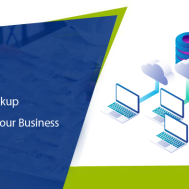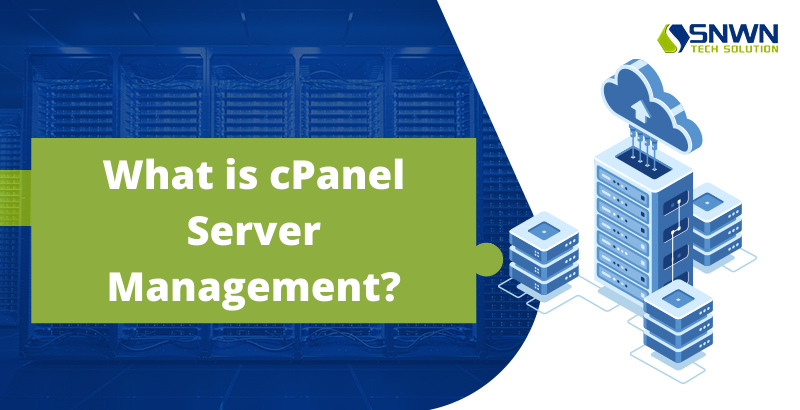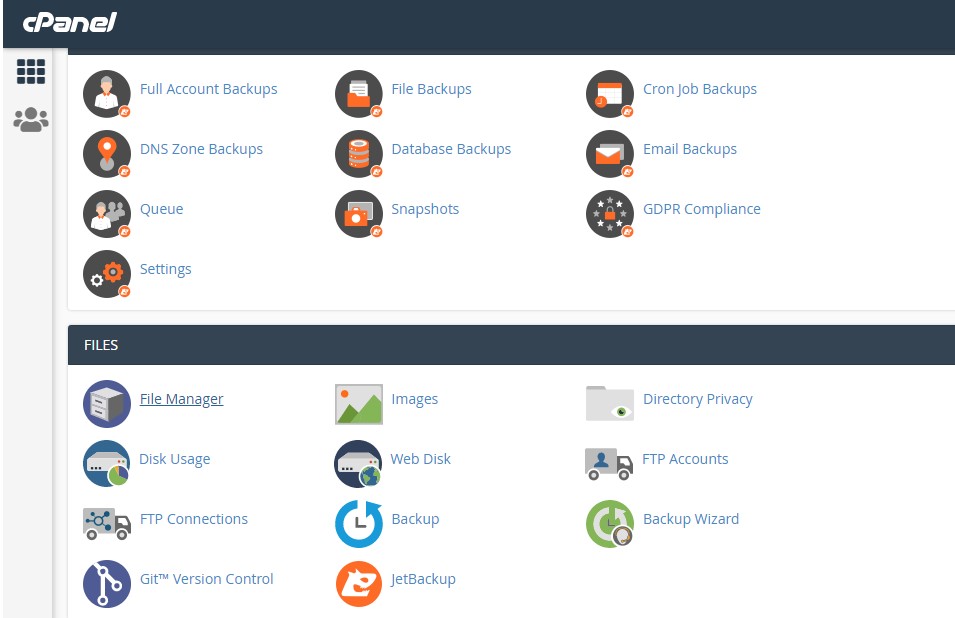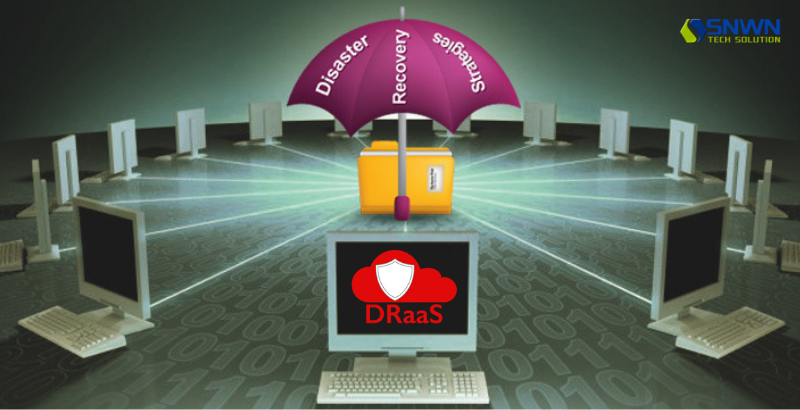A business’s data such as different types of files, digital assets, and customer histories are its lifeblood. In case any of them is lost, it can cripple the enterprise.
A perfect example to understand the situation would be imagining yourself walking into your home and all of a sudden flipping on the light switch. In such a case, having a spare bulb or at least one candle would be helpful in brightening your home.
It is the same situation with regard to the risk small businesses take in terms of their data backup processes. There are a lot of things to worry about already in a business and losing your data should not add to it. Henceforth, getting a trustable data backup solution is imperative.
To cut down costs, most businesses opt for a cheap backup system or even none at all. Though cheap backup systems can be a viable option for small businesses, there are possibilities that they might fail you when you need them the most. Therefore, it is not just enough to back up your data, but rather ensure that it is secure by investing in reliable backup services.
While choosing a backup solution, business owners have to carefully consider all the options with a bit of foresight. Ask yourself, “If a cyberattack occurs, what would be my response to it? How can I recover it?
How much productivity would be lost and the cost for it?” That’s when the picture gets clearer. Before investing in a cheap data backup solution, it is essential to know the system’s pitfalls as they can affect your business. Here are the ways in which your business can fail when investing in a cheap data backup solution.
File Sync does not ensure backup –
Cheap data backup solutions do not assure data backup definitely, rather they have their files synchronized on a separate platform. This implies that they generate a mirror image of the data instead of fully replicating vital files in another physical space.
For instance, even if you accidentally delete an original file or if it is infected or corrupted, the file sync is also going to erase it, or the affected file is replicated on your file sync, respectively.
However, there are certain freemium backup systems that permit you to keep your deleted files in a recycle bin for up to 30 days.
If you opt for a quality backup system, it would store snapshot images of the file system so that they can be restored during hours of need. You can recover a file when you realize that a vital file was somehow lost a few weeks ago.
It is advisable that you do not rely on file sync for your entire backup solution, but rather as great support. In case your computer gets lost or a file gets corrupted or there was an unintentional content edit, file synchronization comes as a great help.
An ideal backup strategy does not restrict you to what the sync tools allow, rather it would add software that is exclusive to backing up. You get the freedom to decide how many revisions of a file to keep and receive a separate path to restore files that are in use almost every day.
Bandwidth is expensive –
An average small to mid-sized business needs storage of at least 5 TB so that it can store business-critical information in its backups. To have a backup option, businesses need to upload their data through an internet connection.
Receiving high upload speeds is an expensive affair because businesses often have asymmetrical internet speeds. It would not be possible for them to understand the time required to upload 5 TB of data to their cheap backup.
It would take at least five days to upload data on a cheap backup solution even at an upload speed of 100 Mb per second. Think wisely before investing in fast upload speeds as there are other factors like marketing, support, distribution, and an overhead of development that are to be taken care of.
Cyber threats –
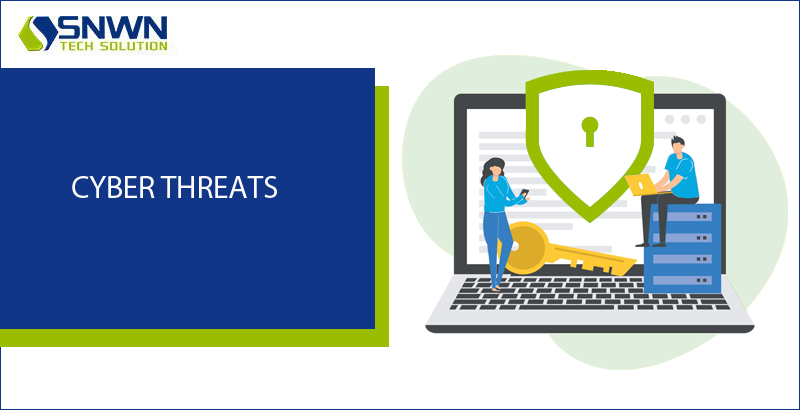
If you do not have a well-rounded backup plan, you can be subject to cyber-attacks. This can be dangerous, whereas having a proper licensed backup offers options in planning which is not guaranteed in cheap data backup solutions.
There is no one-size-fits-all approach to backup or cybersecurity, so a cheap data backup solution won’t serve the purpose alone.
You should also consider opting for an internet or cloud backup, or a physical, offline backup. This would restrict outsiders from invading your data as they would not get the access to your data backup through the internet.
Limited data restoration issues –
One of the most important aspects of a data backup is the fact that it can be restored. There are not many options for testing backups and it can be extremely time-consuming. In fact, opting for a cheap backup software might not offer the choice of programmatic restoration testing.
In case of an incident where your company’s backup fails to restore, there is no point in having a data backup solution to begin with. It is not just the reputation of your brand that is of utmost importance in maximizing profits.
Taking care of regulatory and compliance issues is also important as negating a potential litigation can even lead to a loss of data. If you get your data backup system tested, it means that all your necessary information is not just captured successfully, but it implies that the file is not corrupted.
You won’t be able to know of any potential hiccups beforehand if you do not conduct a thorough testing of your backups first.
Here is how you can carry out your verification test for your data backup to ensure efficient restoration.
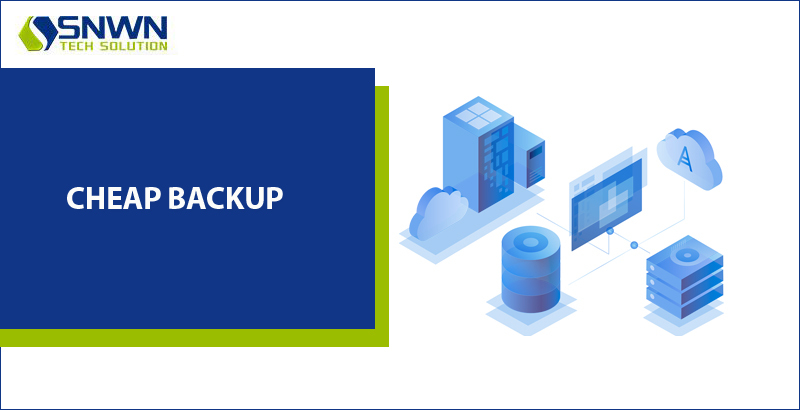
- Dedicate 30 minutes to 5+ hours to scan backup for viruses before restoration.
- If an isolated lab environment is already there, spend 30-60 minutes to restore backup in this setting.
- After restoring backups, scan them for viruses (this might take 30 minutes to 5+ hours).
- Test integrity of operating system, databases, and data, applications (2-10 hours).
- Take a note of your findings and prepare a report out of it (time will vary).
If you are looking out for file-sharing and collaboration services, cheap backup systems would be your go-to solution. However, that is not a primary backup solution for a business.
This is due the fact that there is no protection of sensitive data and a risk of data loss due to the attack of cyber criminals. This could cost a business more money over the long term. Therefore, go for a more comprehensive backup plan if you are serious about ensuring continuity of your data and securing them.
ALSO READ : This is How to Improve Your Brand Presence
ALSO READ : 7 Reasons Why you Should Update your Website
